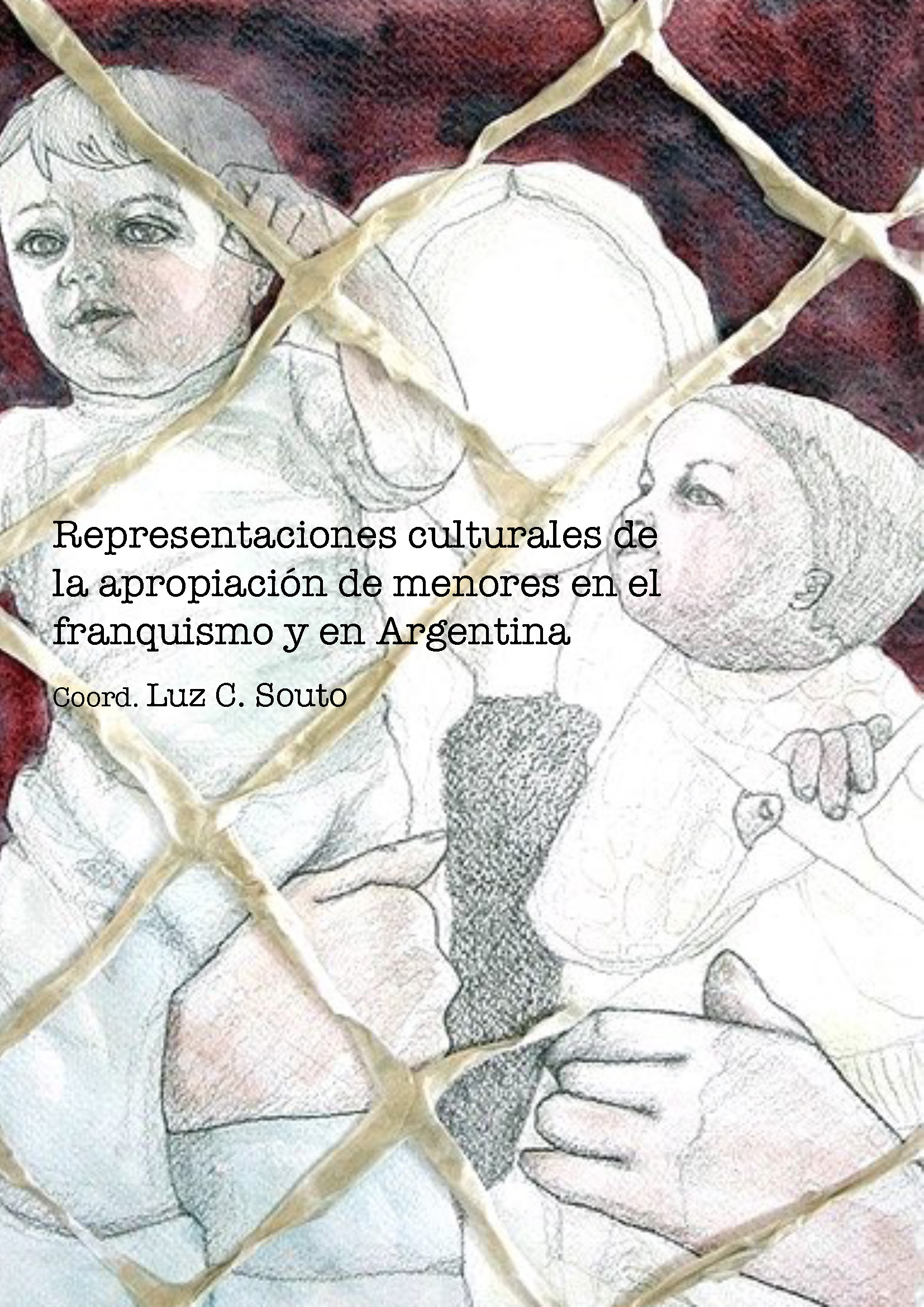Cine epistolar: imaginación y política del intercambio estético
DOI:
https://doi.org/10.7203/KAM.3.3575Keywords:
Cine epistolar, Todas las cartas, CCCB Abstract
Abstract
Resumen: Este artículo estudia las implicaciones políticas del intercambio estético, mediante el estudio de un proyecto de correspondencias fílmicas desarrollado por el Centro de Cultura Contemporánea de Barcelona (CCCB), entre 2005 y 2011. Propone el intercambio epistolar como una forma de interpelación cinematográfica capaz de crear afinidades geopolíticas a través de la puesta en común y el ensamblaje de realidades sensibles. En definitiva, el objetivo del presente estudio es investigar el potencial del intercambio estético como ejercicio de imaginación política, planteando la posibilidad de un valor de uso de la imagen más allá de la economía política neoliberal.
Abstract: This article studies the political implications of aesthetic exchange, focusing on a filmed correspondence project developed by the Center of Contemporary Culture Barcelona (CCCB) between 2005 and 2011. It poses epistolary exchange as a form of cinematographic interpelation, capable of creating geopolitical afinities through the sharing and assembling of sensible realities. Ultimately, the aim of the article is to investigate aesthetic exchange as an exercise of political imagination, suggesting the possbility of a use-value of the image beyond neoliberal political economy readings.
 Downloads
Downloads
 References
References
Adorno, Theodor W. Aesthetics and politics. London; New York, NY: Verso, 2007.
Adorno, Theodor W. “The Essay as Form”. New German Critique. No 32, Primavera-verano 1984. pp 151-171.
Agamben, Giorgio, y Michael Hardt. The coming community. Minneapolis, University of Minnesota Press, 1993.
Agamben, Giorgio. What is an Apparatus. Stanford University Press. Stanford, California, 2009.
Anderson, Benedict R. O’G. Imagined communities : reflections on the origin and spread of nationalism. London; New York: Verso, 2006.
Balibar, Etienne. We, the people of Europe?: reflections on transnational citizenship. Princeton, N.J.: Princeton University Press, 2004.
Bauman, Zygmunt. Community: seeking safety in an insecure world. Cambridge; Malden, MA: Polity ; Blackwell, 2001.
Benjamin, Walter. Obras Completas Vol 1-2. Madrid: Abada, 2008.
Blanchot, Maurice. The unavowable community. Barrytown, N.Y: Station Hill, 1988.
Castoriadis, Cornelius. 1991. Philosophy, politics, autonomy. Odéon. New York: Oxford University Press.
Castoriadis, Cornelius. La institución imaginaria de la sociedad. Barcelona: Tusquets Editores, 2013
Centro de Cultura Contemporánea Barcelona. Todas las cartas; Correspondencias Fílmicas. Catálogo de la exposición. Barcelona: CCCB e Intermedio, 2011.
Centro de Cultura Contemporánea Barcelona. Erice-Kiarostami. Correspondéncies. Catálogo de la exposición. Barcelona: CCCB e Intermedio, 2006.
Conley, Tom. Cartographic Cinema. Minneapolis: University of Minnesota, 2007.
Decker, William Merrill. Epistolary practices letter writing in America before telecommunications. Chapel Hill: University of North Carolina Press, 1998.
Didi-Huberman, Georges. Supervivencia de las luciérnagas. Madrid: Abada, 2012.
Esposito, Roberto. Communitas : the origin and destiny of community. Stanford, Calif.: Stanford University Press, 2010.
Gilroy, Amanda, and W. M Verhoeven. Epistolary histories : letters, fiction, culture. Charlottesville: University Press of Virginia, 2000.
Hinderliter, Beth. Communities of sense : rethinking aesthetics and politics. Durham: Duke University Press, 2009.
Innerarity, Daniel.Un mundo de todos y de nadie. Barcelona: Espasa Libros, 2013.
Jameson Fredric. Postmodernism or the cultural logic of late capitalism. Duke
University Press, 1990
Marks, Laura U. The Skin of the film : intercultural cinema, embodiment, and the senses. Durham: Duke University Press, 2000.
Naficy, Hamid. An accented cinema : exilic and diasporic filmmaking. Princeton: Princeton University Press, 2001.
Nancy, Jean-Luc. The inoperative community. Minneapolis, MN: University of Minnesota Press, 1991.
Nancy, Jean-Luc, y Robert D Richardson. Being singular plural. Stanford, Calif.: Stanford Univ. Press, 2000.
Ranciere Jacques. “Aesthetic Separation, Aesthetic Community: Scenes from the Aesthetic Regime of Art”. Art and research. Volumen 2, Summer 2008.
Rancière, Jacques, y Steve Corcoran. Dissensus : on politics and aesthetics. London; New York: Continuum, 2010.
Rascaroli, Laura. The personal camera : subjective cinema and the essay film. London; New York: Wallflower Press, 2009.
Rutsky RL. “Information wants to be consumed”. En Consumption in an Age of Information. Co-editado con Sande Cohen. Oxford ; New York: Berg Publishing, 2005.
Stam, Robert. Reflexivity in film and literature : from Don Quixote to Jean-Luc Godard. New York: Columbia University Press, 1992.
Teshome Gabriel y Fabian Wagminster. “Notes on Weavin’ digital; T(h)inkers at the loom”. Social Identities. Volumen 3, número 3, 1997.
Wolin, Richard. Walter Benjamin, an aesthetic of redemption. Berkeley: University of California Press, 1994.
Downloads
Published
How to Cite
-
Abstract2183
-
Leer artículo (Español)348
Issue
Section
License
This journal provides an immediate free access to the content on the principle that freely make investigation available to the public, which promotes an increased global knowledge exchange.
Unless otherwise indicated, texts published in this journal are under the license Attribution-NonComercial 4.0 by Creative Commons. These texts may be copied, distributed and publicly communicated whenever the publication’s author and title are quoted and whenever they are not used for commercial purposes. In any case, intellectual property of the articles and its potential economic rights entirely belong to its authors.
The full license can be consulted on https://creativecommons.org/licenses/by-nc/4.0/. We encourage authors to disseminate papers published in Kamchatka. Journal of cultural analysis electronically, in institutional digital repository or in their websites.





